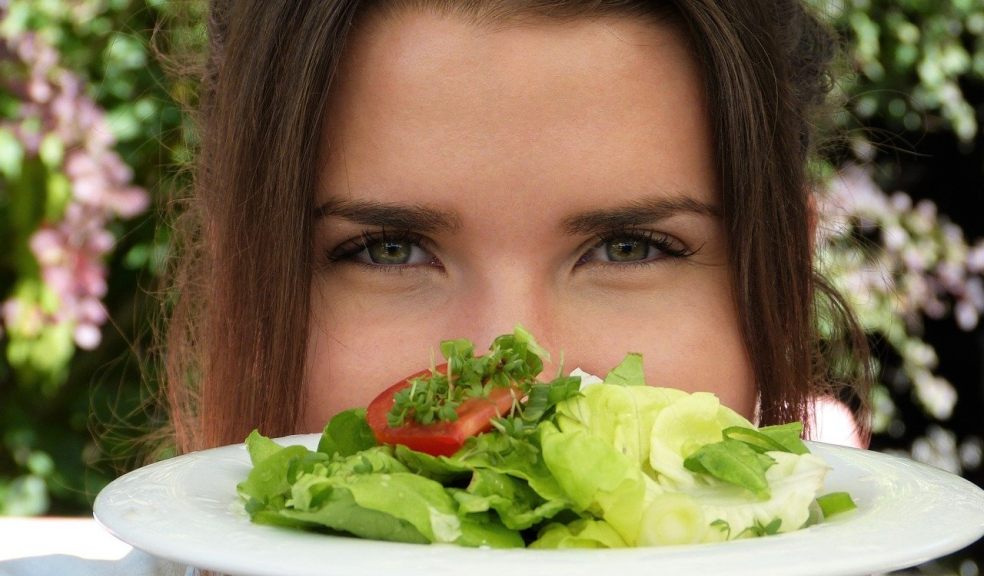
How well do popular diets help you lose weight?
One piece of advice you might get if you want to lose weight is to reduce the number of calories you consume. This will often mean going on a low-carbohydrate diet. The only problem is that there are several low-carbohydrate diets you could try. Some of these diets call for the total elimination of carbohydrates, while others only call for its reduction. So, how well do the most popular low-carbohydrate diets help you lose weight? Is there a diet you should favour above the rest? These are just some of the questions we will answer below.
Are Low-Carbohydrate Diets a Good Idea?
Yes and no. Low-calorie, low-carb diets that mainly contain non-starchy vegetables and whole-grain foods have their benefits. These benefits are amplified if you also reduce the amount of simple sugars and processed food you consume. Such diets are great at keeping your blood sugar levels steady and have been shown to help lower blood pressure and cholesterol. The only catch with these types of diets is that the fats you consume have to be good fats, such as monounsaturated and polyunsaturated fats.
One caveat of going on a low-carb diet is that reducing one macronutrient or eliminating it leads to an overconsumption of another and in most cases, that is fat. Now, more fat is not necessarily unhealthy because the right healthy fats can help reduce inflammation, keep you fuller for longer, and help with the transportation of nutrients around the body. The problem arises when your diet contains more saturated fats than unsaturated ones.
With this understanding, we are now going to look at 5 low-carb, low-calorie diets and see how effective they are as weight-loss diets.
Keto
The keto diet has been popular for a few years now, although its popularity has been falling too. The keto diet is popular because it is rumoured to offer weight loss benefits. Keto is a low-carb diet with experts recommending that those who follow this diet consume less than 50 grams of carbohydrates per day. There is also an insistence on eating high-fat foods like cream cheese, red meat, coconut oil and butter. There are even brands now producing their own keto-friendly range of foods that would otherwise not be allowed for those following the diet - you can take a look at this Perfect Keto review to see one such example of a brand, as well as what kind of products they have created to help people stick to a keto diet.
The Keto diet does not leave too much room for fruits and vegetables, which is a huge problem. By encouraging participants to get up to 70% of their calories from fats, participants end up consuming a diet made up mainly of fat. In many cases, those on this diet do not have the opportunity of choosing between saturated and unsaturated fats. The consequence is higher cholesterol levels and a higher risk of heart disease in the future.
Although many of the people on this diet might see some weight loss after they start the diet, these results do not stick. This is because this diet is very hard to maintain long term.
Keto has been around long enough for doctors to recommend that you do not try it. Due to low carbs in the body, you might have electrolytic shifts, diuresis and even develop anorexia, all of which can be dangerous.
The Atkins Diet
The Atkins diet is one of the oldest low-carb diets. Atkins is similar to the keto diet in that it encourages an increase in fat and protein sources and a decrease in carbohydrate intake. A major difference between Atkins and keto is that, as you get closer to your target weight, you can start eating other food groups. These include fruits, vegetables and eventually carbohydrates. The only stipulation is that the amount of carbohydrate you eat should not lead to weight gain.
The Atkins diet can help you lose weight but it suffers from the same issues as keto in that it is hard to maintain the diet in the long term. Many nutritionists also advise that you stay away from this diet because it removes carbohydrates from your diet and does not replace them with anything that has enough calories.
Low-calorie Diets
Low-calorie diets follow the principle that if you utilise more calories than you consume, you will lose weight. There are generally two types of low-calorie diets; low-calorie diets and very low-calorie diets. Low-calorie diets call for a reduction in the number of calories you consume. They usually call for the consumption of about 1200 calories, while very low-calorie diets call for less than 900 calories to be consumed per day. Low-calorie diets are easy to follow as they do not require a drastic change in the types of food you eat, just the amounts.
A very low-calorie diet, on the other hand, calls for some changes to your diet. A very low-calorie diet calls for meal replacements that are often shakes, bars, soups and other types of foods. To ensure you get all your nutritional needs met, companies like Shake That Weight also fortify their shakes with mineral and essential vitamins. To help you not feel hungry and keep your blood sugar level stable, Shake That Weight uses casein protein that is digested slowly over 4 hours. Because their products are specially formulated for your individual needs, it makes them a rapid weight loss plan suitable for most people.
Low and very low-calorie diets are extremely effective in helping participants lose weight without many of the side effects and downsides that come with most other diets. Since they are rapid weight-loss programmes, very low-calorie diets can also help improve weight-related medical issues such as high cholesterol, high blood pressure and diabetes.
Palaeolithic (paleo) Diet
The Paleo diet calls for us to go back to what humans used to eat when they could hunt and gather. It excludes foods that we can grow or that are processed from different sources. This includes foods like dairy products.
The foods allowed in this diet are limited to fruits, nuts, vegetables, seafood, meat, oils and seeds. Advocates of the paleo diet say it is one of the best diets for us because our bodies evolved consuming the foods included in this diet.
The Paleo diet is much better as a weight-loss diet than both keto and Atkins, with one study showing a 10-pound loss of weight in female participants.
If you want to start on this diet, do note that you will be consuming a lot of protein because that is primarily what our ancestors ate. High-protein diets have their advantages, including making you feel fuller for longer and, because they have relatively few calories, they can promote weight loss. However, consuming a high-protein diet increases the amount of saturated fats you consume and you might not have enough opportunities to consume vegetables and fruits.
Nutritionists recommend this diet, but with some caveats. If those considering this diet can reduce the amount of meat they consume and allow for more fruits and vegetables, it can be sustainable. Additionally, they recommend this diet because it promotes good quality proteins and eliminates processed sugars, both of which are great for your overall health. Also, it is easy to keep up with this diet long term because all the ingredients and food groups you require for this diet are readily available.
Losing weight is not easy, and this is why you must come up with a concrete plan to not only lose weight, but to also maintain your lower weight long term. A good place to start is with your diet and weighing up the pros and cons of each plan you are considering.













